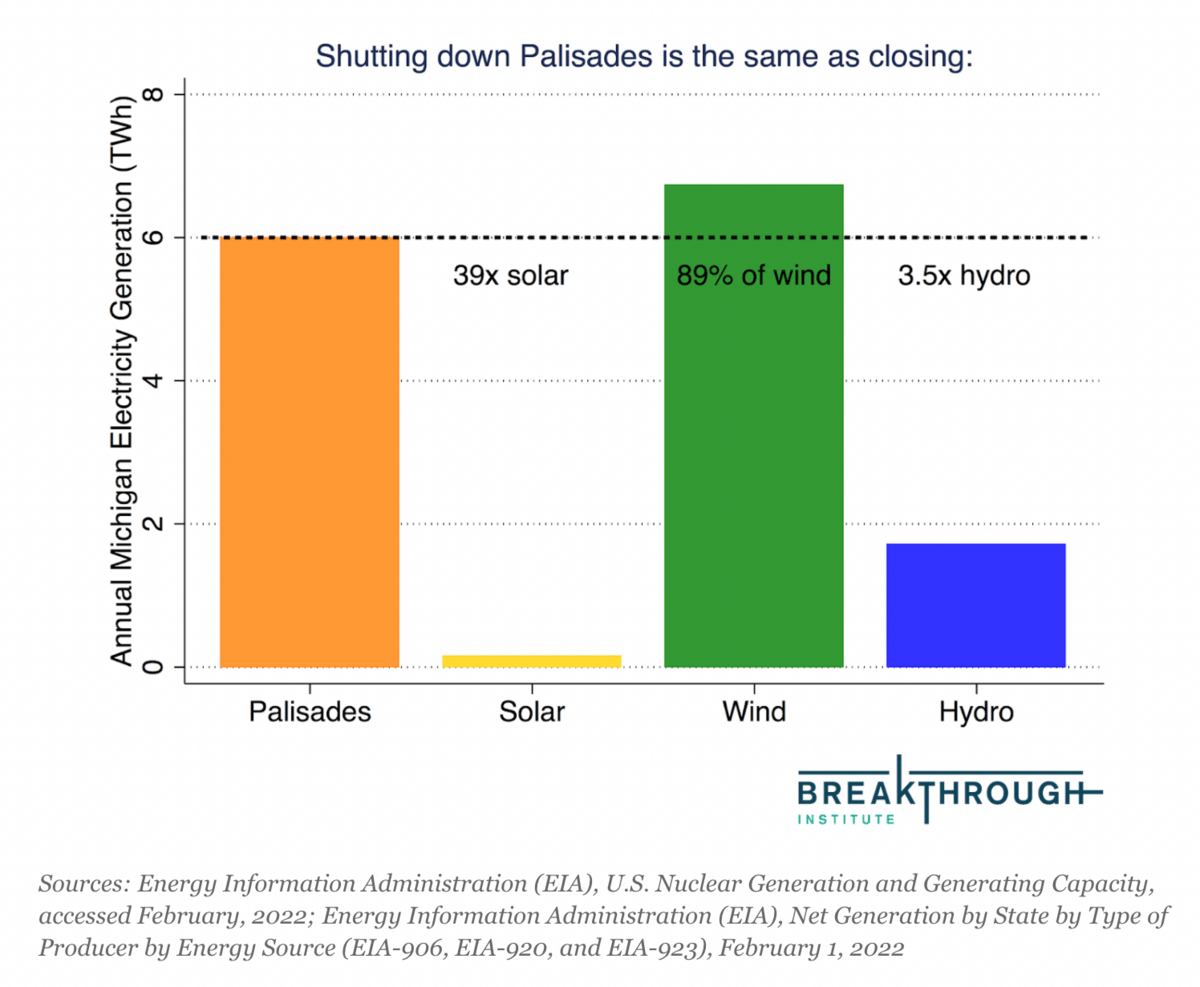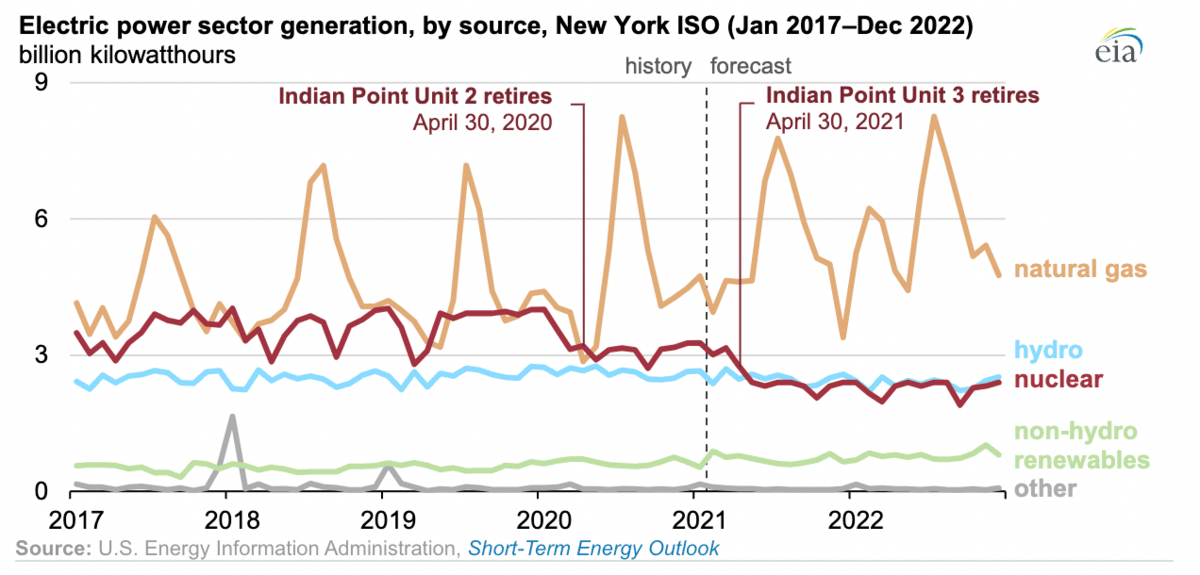White House and EU Commiserate on Russian Energy Sanctions
Following the Bucha massacre photos, the EU has condemned Russia and called for another round of sanctions. European leaders are in discussion with the White House to roll out their new sanctions this week.
America has already banned Russian coal, oil, and gas, but Europe's been slow to follow because of its energy dependence on Russia. Germany in particular has been vocal about what full-on energy sanctions would do to its economy. France, on the other hand, has been more open to the idea. Bloomberg reports:
"'I am in favor of a round of sanctions, particularly on coal and oil, which we know are particularly harmful,' Macron said in a radio interview, adding that France will coordinate with European partners, especially Germany, on additional measures. 'We must convey a sign that it is our values and our common dignity that we’re defending,' he said."
According to FT, he added: “I think that on oil and coal we must be able to move forward. We should certainly advance on sanctions . . . We can’t accept this.”
Whatever the case, it's uncertain what will come next. Leaders will have to weigh their economic well-being against their moral indignation. Their actions may or may not ratchet up the volatility in the already chaotic energy markets. While Western leaders commiserate on what comes next for sanctions, the EU has begun a war crimes investigation into the events at Bucha.
Nuclear in the UK
The energy crisis and the Ukraine war have provoked reconsiderations of nuclear energy the world over. The UK is the latest country to recommit itself to the technology. “There is a world where we have six or seven [nuclear] sites in the UK” by 2050, Business Secretary Kwasi Kwarteng told the press.
To do this, ministers have agreed to set up a new program called Great British Nuclear to identify sites, slice through red tape, and bring firms together to run each site.
The British government will reveal the full details of the plan, which will involve two new reactors by 2030 perhaps in addition to some small modular reactors, on Thursday.
Nuclear on the Brink in Michigan
After 50 years of safe and reliable operation, Palisades nuclear plant in Michigan is set to be shut down next month. The plant is licensed to operate until 2031. It employs about 600 hundred people. And, a recent article from the Breakthrough Institute points out, "In 2020 the 812 megawatt (MW) power plant generated roughly 6 terawatt-hours (TWh) of clean electricity, or 5.6% of Michigan’s total electricity generation. More to the point, that output represented 15% of all clean power generated in Michigan."

Alex Trembath put it this way: "Take all the solar panels in Michigan. Build 40x that capacity. Then tear it all down. That’s what the state will do next month when it shuts down the Palisades nuclear plant."
But it's even worse than that. Solar's capacity factor in Michigan sits around 25% in summer and drops as low as 5% in winter, whereas Palisades runs for 86% of the time. Variable renewables cannot make up for clean, firm generation like nuclear.
Yet Michigan has plans for carbon neutrality by 2050. Like New York a the closure of Indian Point, Michigan might be in for a rude awakening if Palisades closes. It won't be renewables that fill the gap, but coal and natural gas.

Franovich and Messinger write in their article that "Entergy’s 2018 decision to close and sell the plant to Holtec for decommissioning was explained as a business decision, not a concern over the safety of the plant. In a 2017 paper, authors Roth and Jaramillo revealed the Palisades plant was, on average, short $32/MWh relative to natural gas. Using 2020 generation data, the annual cost to cover Palisades’ cost difference is between $162 million and $222 million, with an average of $192 million per year." I wonder if current natural gas prices aren't making Palisades look more appetizing.
Regardless, the Department of Energy does have a fund of $6 billion for endangered nuclear plants. I agree with Franovich and Messinger that these "federal funds, coupled with Consumers Energy’s rate base, should be sufficient to operate the Palisades power plant through its current license term. Entergy, Consumers Energy, the MPSC, and political leaders in Michigan should halt the closure of Palisades until a more thorough economic analysis determines if the Civil Nuclear Credit Program can bridge the money gap for the Palisades nuclear plant."
600 jobs and a lot of clean, reliable power depend on it.
Headlines
Amazon workers win battle to form first US union. (BBC)
UK drivers queue for gasoline as climate activists block fuel depots. (OP)
Take shorter showers and drive less, Ryan to suggest. (IT)
Tight supply sends US East Coast jet fuel price surging. (OP)
American motorists press accelerator despite oil shortfall. (FT)
Word of the Day
Pressurized water reactor (PWR)
n. The most common type of light water nuclear reactor (LWR), it uses water at very high pressure in a primary circuit, and steam is formed in a secondary circuit.
Crom's Blessing
